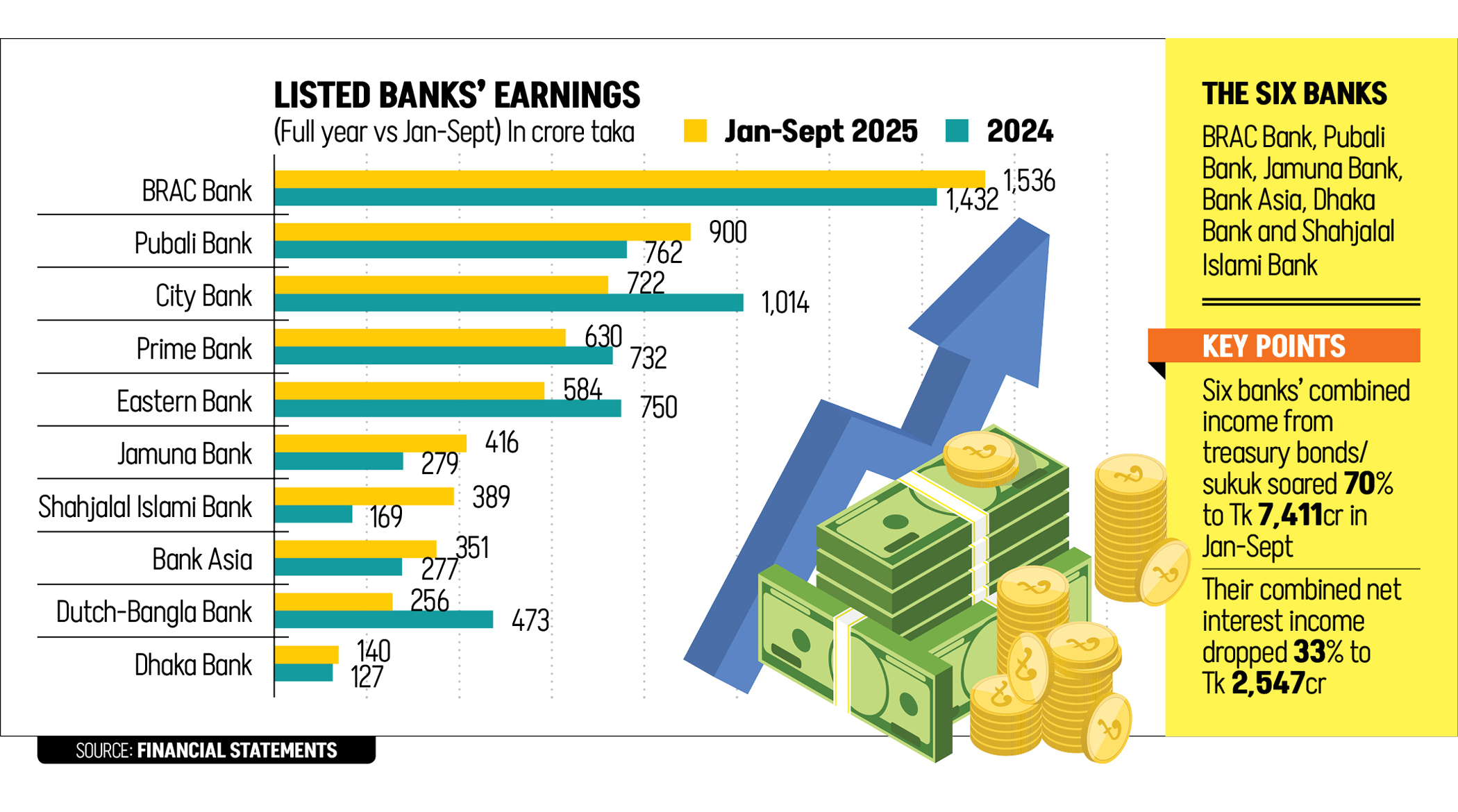Govt revises policy to ensure accountability of state banks’ boards

The government has revised a policy aimed at enhancing accountability in the appointment and performance of chairmen and directors of state-owned banks and financial institutions.
The move is part of a broader effort to curb corruption and improve profitability across the sector, according to the policy issued by the Financial Institutions Division (FID) yesterday.
This is the first time that performance evaluation criteria have been formally incorporated into board appointments.
"Chairmen and directors will be subject to annual performance reviews to ensure accountability," says the policy.
Reappointments will be contingent on prior results. The policy also mandates capacity-building initiatives through training and workshops.
In a significant shift, the policy explicitly outlines board-level responsibilities, including strategic policy formulation, risk management, internal audit and control, and compliance oversight.
"But the board will not get involved in everyday administrative activities of the entity," says a new clause in the revised policy.
These provisions are designed to ensure that board members play an active role in institutional governance.
The directive follows an earlier circular issued on April 9, 2024, which called for revisions to the existing appointment guidelines for directors of state-owned commercial banks, specialised banks, and financial institutions.
Under the new rules, individuals with loan or tax defaults, or lacking a minimum of 10 years' experience in administration, management, or professional fields, will be disqualified from board membership.
Those with a history of criminal offences, fraud, financial misconduct, or adverse court rulings will also be barred. Directors may not simultaneously serve on the boards of multiple banks or financial institutions.
Board appointments will prioritise professionals with expertise in economics, banking, financial markets, monetary policy, financial management, commerce, agriculture, industry, law, or information technology.
The government will retain discretion in selecting candidates with proven track records.
The policy reiterates a previous provision that at least one-third of board members should be women — a requirement that has been largely ignored in past appointments.
Chairmen and directors will serve three-year terms, with a maximum of two consecutive terms permitted. Eligibility for reappointment will resume after a three-year hiatus. Age limits for directors have been set between 45 years and 75 years.
The reforms come amid longstanding criticism of irregularities and political patronage in board appointments.
During the previous Awami League administration, individuals from diverse backgrounds — including academics, cultural figures, former bureaucrats, journalists, and political activists from both ruling and opposition parties — were appointed to bank boards.
Many lacked expertise in banking, monetary policy, or financial management, prompting widespread concern over governance standards.
Despite existing guidelines, past appointments often bypassed formal criteria, contributing to governance lapses and financial underperformance.
The revised policy seeks to restore credibility and discipline to the sector by enforcing stricter eligibility and accountability measures.



 For all latest news, follow The Daily Star's Google News channel.
For all latest news, follow The Daily Star's Google News channel. 

Comments